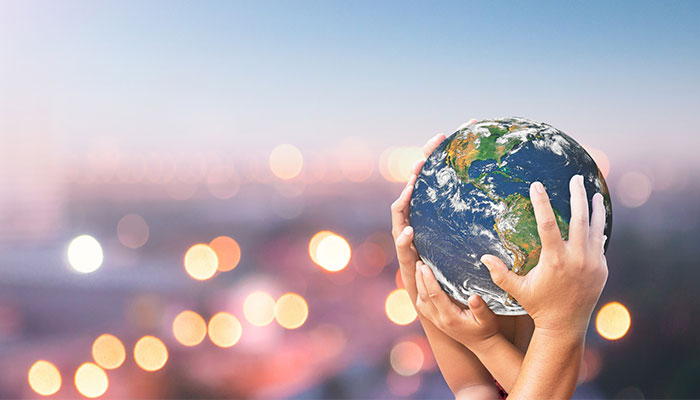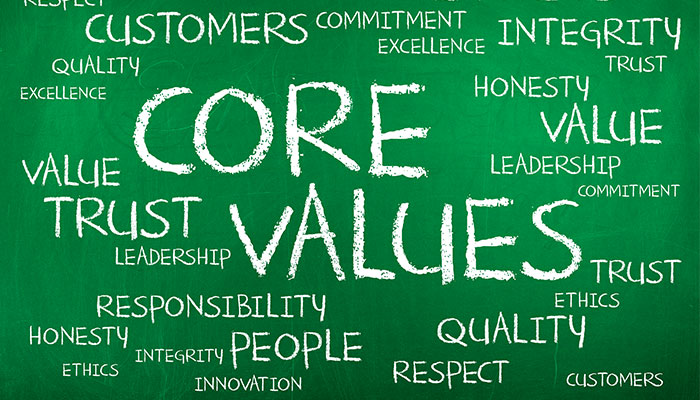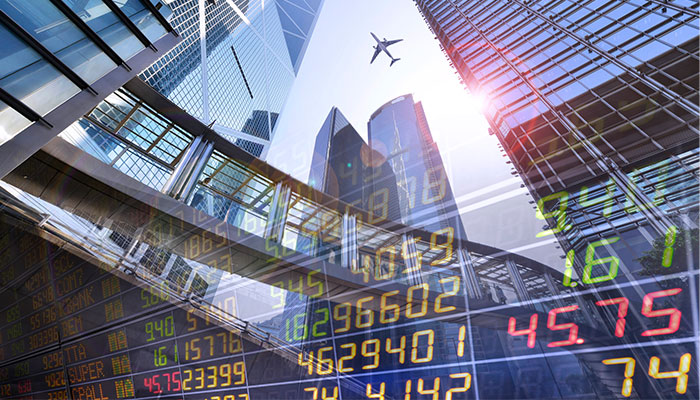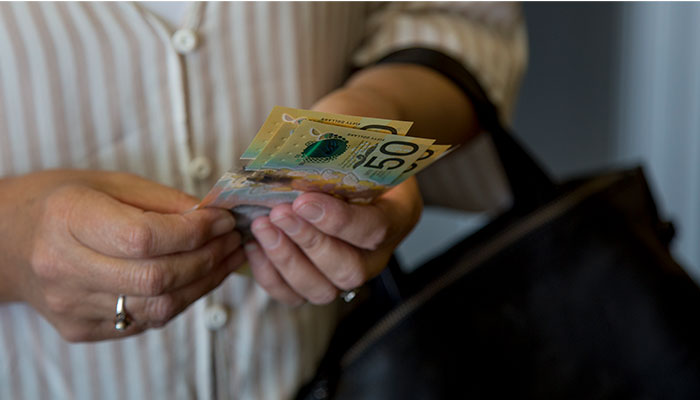The COVID-19 global pandemic has become a litmus test on how seriously companies are taking their corporate social responsibility as there has never been a more critical time for them to show the depth of their commitment to the community, employees, consumers and the environment.

Traditionally, obligations surrounding corporate social responsibility (CSR) mostly involved companies making gestures such as donating to charities in box-ticking exercises to bolster their credentials in order to be acting ‘responsibly’.
However, in the past two decades an increasing number of corporates have started adopting a more holistic approach, showing social responsibility not in how they give money, but rather, in how they make money.
Walking the talk
With ethical supply chains, environmentally friendly core operations and multi-stakeholder integration, COVID-19 is a great opportunity for companies to step up and show that they really are 'walking the talk”.
Many companies in Australia and around the world are offering money and in-kind donations to support the community. Companies are donating money, food and medical equipment to support people affected by the coronavirus. Others are giving to healthcare workers, including free coffee at McDonald’s Australia, millions of masks by Johnson & Johnson and a daily donation of 10,000 shoes by Crocs.
It is also essential for socially responsible companies to think outside the box and support their customers.
However, holistic CSR takes care of all stakeholders, including employees. With so many people losing their jobs due to businesses shutting down, some companies are striving to keep their employees – even at the cost of reduced salaries to CEOs and the entire workforce.
Qantas CEO Alan Joyce and chairman Richard Goyder are forfeiting their pay for the rest of the financial year, while other directors and senior executives at the airline will have their salary cut by one third and annual bonuses set to zero. While Qantas and Jetstar have announced that two-thirds of their 30,000 employees will be temporarily stood down, steps are being taken to avoid redundancies by asking workers to take paid and unpaid leave.
Many employers, such as Medibank, are offering the required technical, emotional and tangible support to move their employees to remote working through their Telehealth service, allowing them to keep their jobs in these times of uncertainty. At the same time, Aldi in the UK will offer staff a 10 per cent bonus for working during the coronavirus outbreak.

During this crisis it is also essential for socially responsible companies to think outside thebox and support their customers. Optus, for example, is giving some of its customers additional mobile data for free to allow them to use the internet while demand slows down connectivity. Woolworths demonstrated social responsibility and inclusion by introducing an exclusive shopping hour for seniors and people with disabilities.
Every business that ensures social distancing, high levels of hygiene and a product limit is taking appropriate steps to support its customers.
Environmental focus
Finally, sustainable companies also consider the environment as a major stakeholder. While there is no denying that COVID-19 has had a devastating impact on so many lives, it has had a positive effect on the environment.
If we just go back to the way we were, with over production, consumption and destruction, we have learned nothing.
China recorded an 85 per cent increase in days with good air quality in 337 cities between January and March. Carbon emissions are down globally and with manufacturing and air travel grinding to a halt, the planet has had a chance to rejuvenate.
But most importantly, it demonstrates how globally connected we are and that there are innovative ways to reimagine our economy. Companies can take the innovative solutions designed for this time and implement them in the future to continue their positive impact on the environment.
When all of this is over, if we just go back to the way we were, with over production, consumption and destruction, we have learned nothing.
As Paul Polman, the former Unilever CEO, said: “I hope that companies will not only do the right thing now but that it is a real tipping point for what responsible business should look like.”
Debbie Haski-Leventhal is a Professor of Management at the Macquarie Business School. She is a TED speaker and the author of Strategic Corporate Social Responsibility: Tools and Theories for Responsible Management and The Purpose-Driven University.



